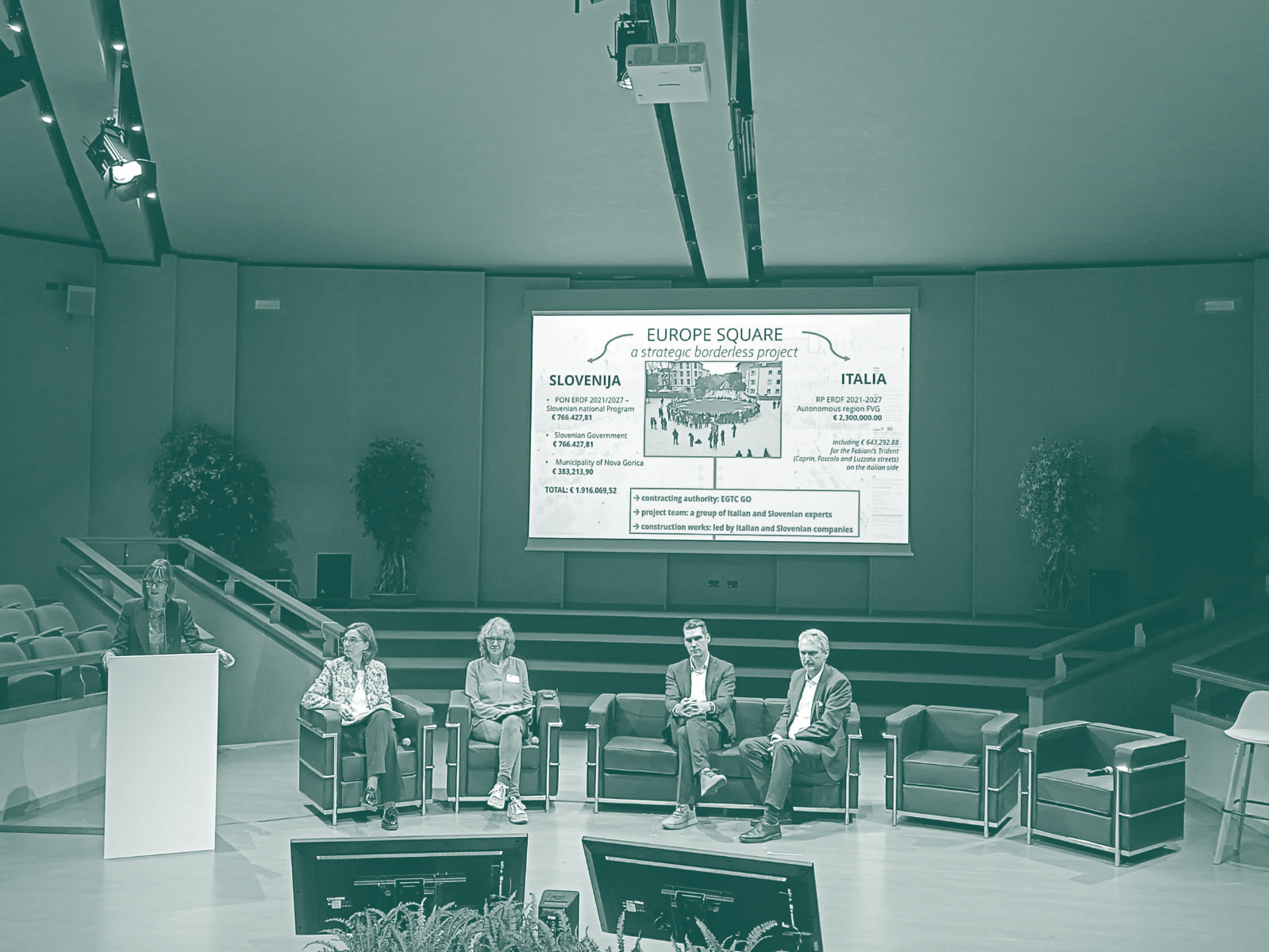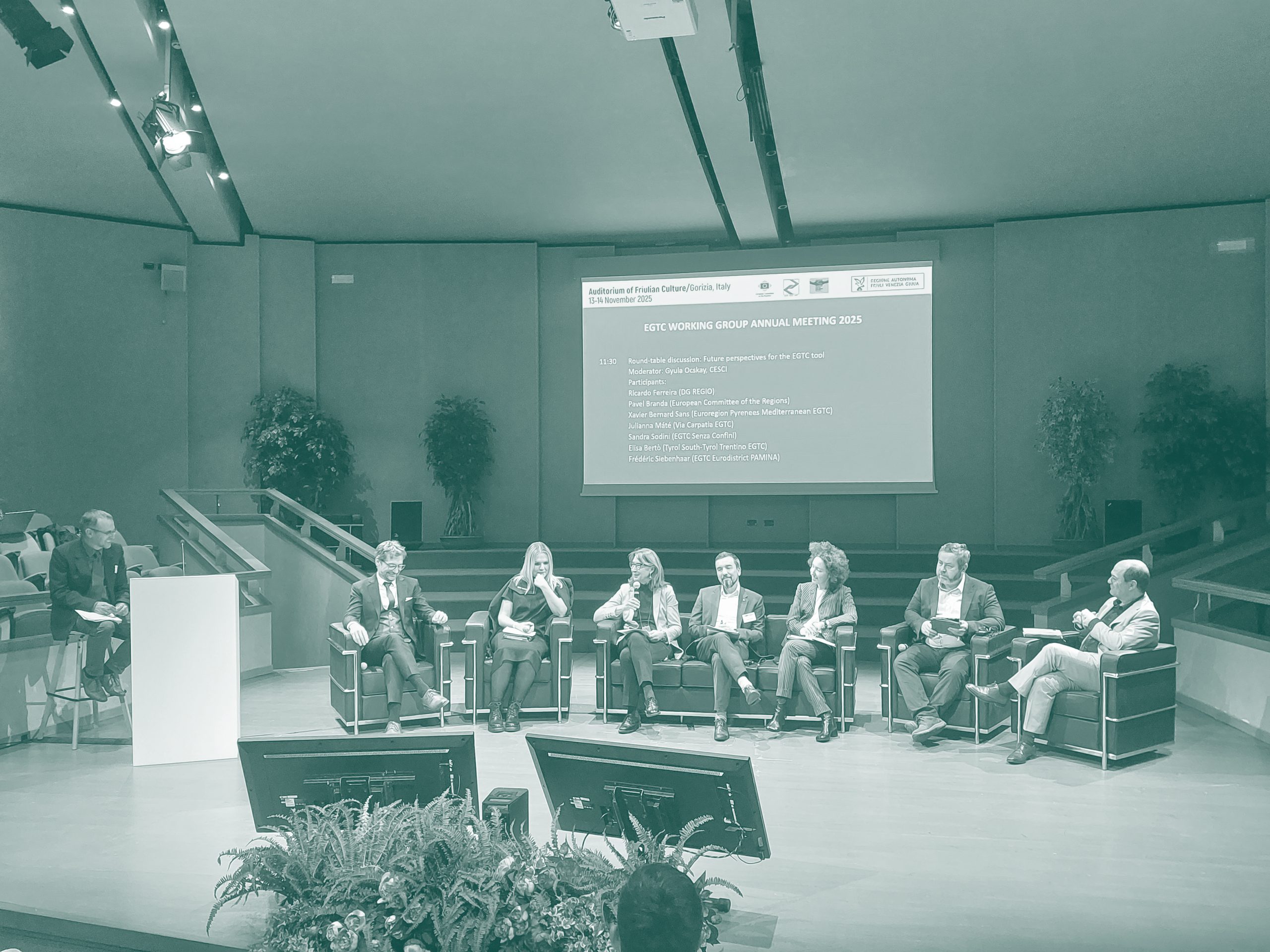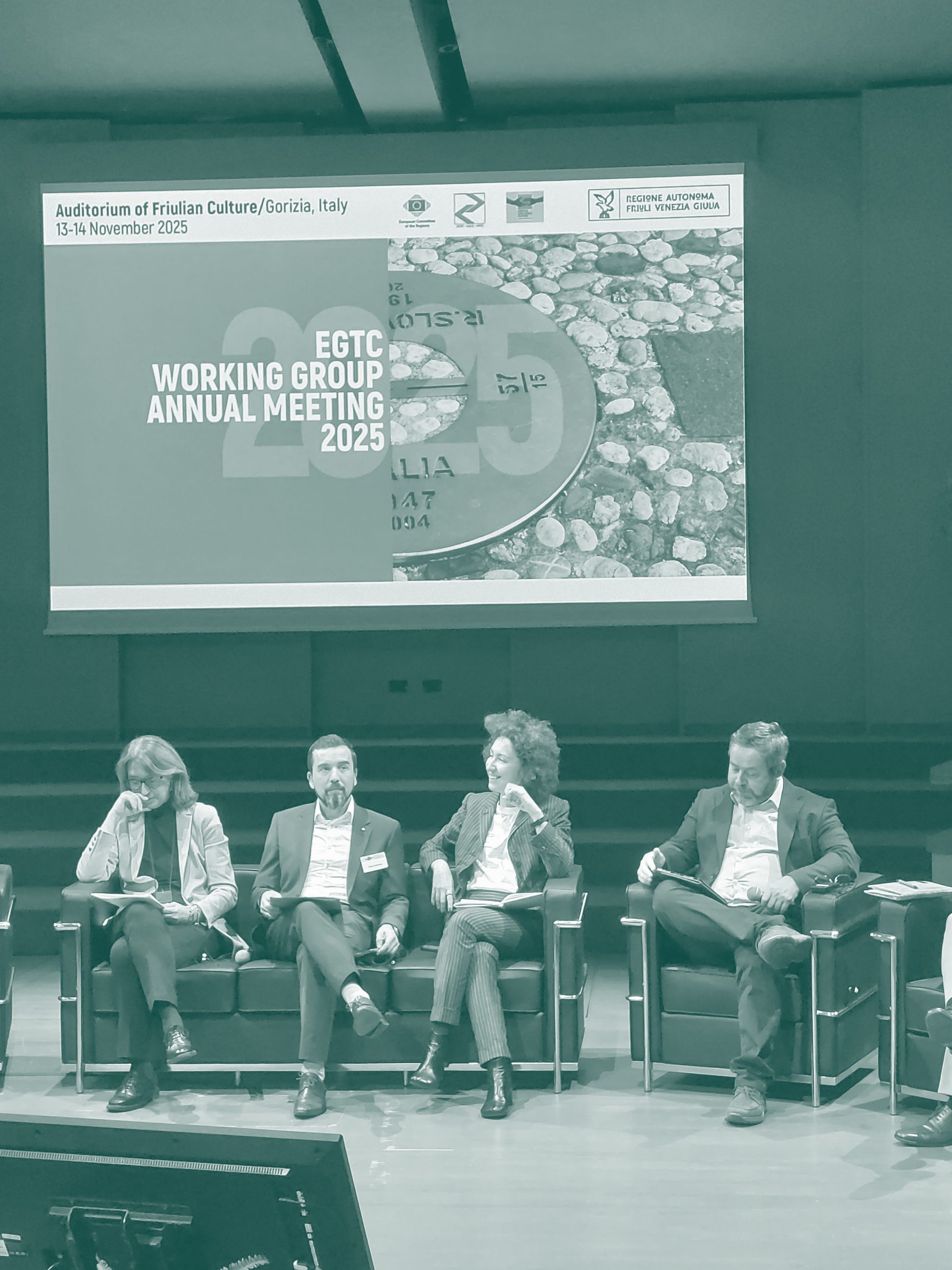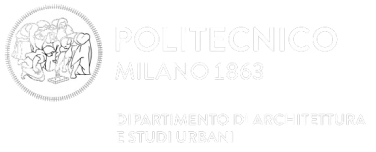Our team participated in the Annual Event 2025 of the ECBP European Cross-Border Platform, jointly organised by the European Committee of the Regions (CoR), the Association of European Border Regions (AEBR) and the Friuli Venezia Giulia Region.
The European Cross-Border Platform (ECBP) and its EGTC working group met to discuss the needs, potential, and challenges of Europe’s border regions. Through keynote lectures, round tables, participants’ contributions and field trips, the event highlighted recent political developments, sharing practical experiences, and exploring new approaches to strengthen cross-border cooperation.
As a cornerstone of European integration, cross-border collaboration helps connect people, businesses, and administrations across borders. Despite recent progress, many everyday obstacles remain. Established by the European Committee of the Regions in 2024 as the successor to the EGTC Platform, the ECBP brings together key actors in cross-border cooperation, from border cities and regions to EGTCs and Euroregions. The meeting also included the annual session of the EGTC working group.


Day 1: ECBP Annual Meeting
13 November 2025, Palazzo della Regione FVG
The first day of the ECBP Annual Meeting opened with a compelling reflection on the challenges faced by border regions during the Covid-19 pandemic and on how recurring and overlapping crises can, in fact, strengthen cross-border cooperation and resilience. A standout example was the Gorizia–Nova Gorica cross-border region, where close collaboration during a difficult period helped overcome physical barriers and ultimately led to their successful joint candidacy and designation as the European Capital of Culture 2025 under the inspiring motto GO! Borderless.
The day brought together a broad and engaged audience, featuring an insightful keynote address and dynamic round-table discussions. Conversations focused on the future of cross-border territorial cooperation, the need for resilient borders, and key lessons emerging from recent pilot actions in Disaster and crisis risk management and Spatial planning.
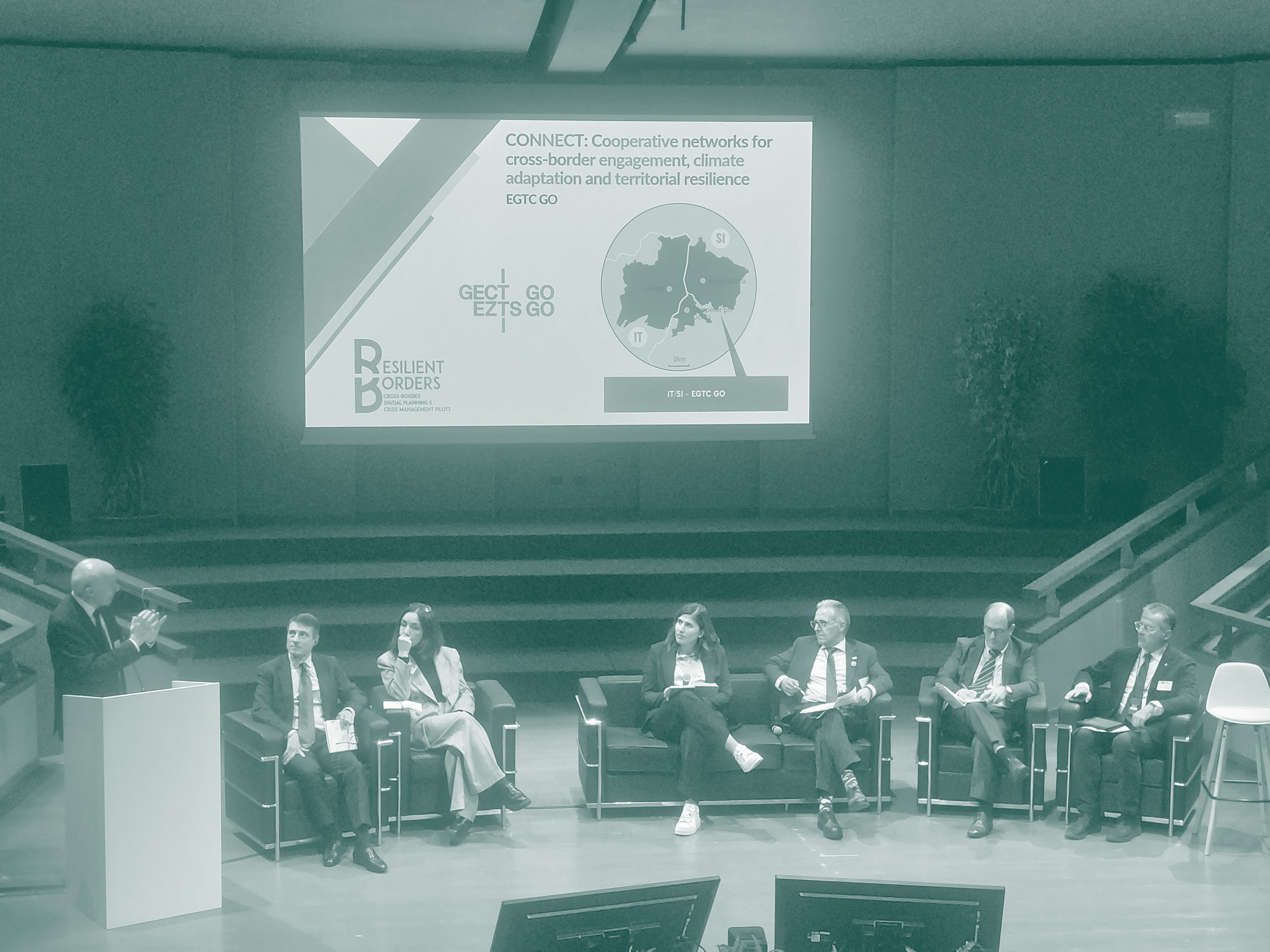
Day 2: EGTC Working Group Annual Meeting
14 November 2025, Palazzo della Regione FVG
The second day is dedicated to the Annual Meeting of the EGTC Working Group.
The first session explored the added value of the EGTC tool and encouraged dialogue among seven specific EGTC experiences from EU border regions. Their contributions highlighted the relevance of EGTCs within the broader landscape of cross-border cooperation mechanisms, such as cross-border associations, twin cities, and Euroregions, among others. Speakers underlined the role of EGTCs in supporting EU enlargement processes, managing cross-border Integrated Territorial Investments (as demonstrated by EGTC GO and its capacity to drive joint investments), advancing tertiary education and innovation, and providing frameworks for intercultural and bilingual childcare. The EGTC instrument emerged not only as a laboratory for cross-border integration but also as a seismograph, capturing the dynamics and sensitivities of border regions and Europe.
During the subsequent roundtable, participants discussed the future of EGTCs and emphasised their importance and added value in enabling effective multilevel cross-border cooperation. Key strengths discussed included their capacity to steer joint investments, their public and permanent institutional character, and the stability ensured by a joint cross-border bi- and multilingual staff. These elements collectively contribute to shifting public and societal perspective from viewing borders as dividing lines – separating two regions – to conceiving them as shared resources that anchor integration and foster development within a cross-border region and territory.
